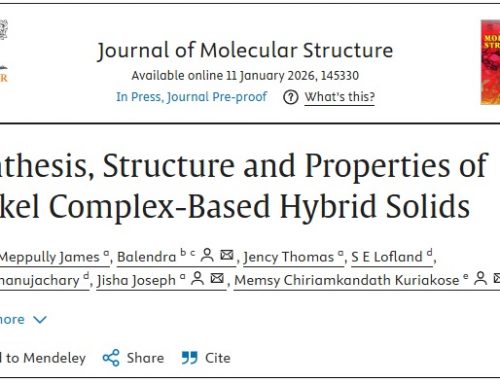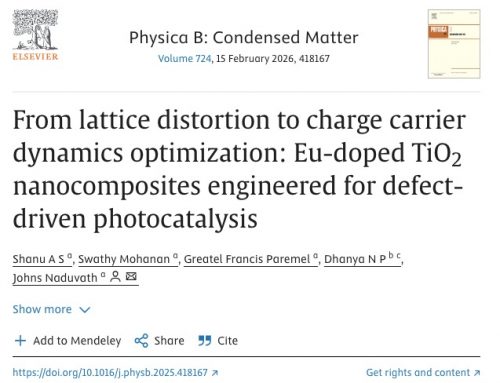https://link.springer.com/article/10.1007/s41939-024-00616-y
Abstract
For its applications in aerodynamics, nuclear waste disposal, heat transfer enhancement, plasma studies, drug delivery, cooling systems, and power generators, the authors have investigated the dynamics of Reiner–Rivlin nanofluid flow past an inclined flat plate. Nonlinear chemical reaction, zero mass flux and Soret-Dufour effects are considered. Non-similar approach has been used to transform the mathematically modeled set of equations which are then solved using the finite-difference based bvp5c scheme in MATLAB. The validation of numerical results has been carried out through a restrictive comparison with the previously published studies and an excellent similarity is noted. A comparative analysis between the Newtonian (K=0) and non-Newtonian (K=24) cases is also carried out. It is observed that the heat transfer characteristics and velocity profiles are improved for the non-Newtonian nanofluid. Increase in the angle of inclination affects the velocity profile negatively. Increment in the similarity variable and angle of inclination brings an augmentation in the nanofluid temperature. Per unit change in the Soret parameter causes the heat transfer rate to ascend by 22% and 11% for the Newtonian and non-Newtonian nanofluids, respectively. It is also seen that the heat transfer rate is directly proportional to the increment in the Dufour parameter.




